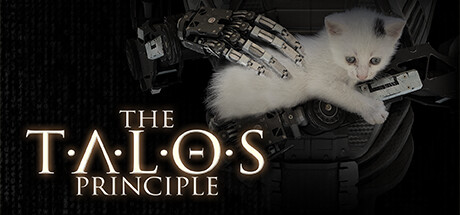Preliminary Review — The Talos Principle (Released Dec 11, 2014)
By GamerFan
I remember the first time I wandered out from beneath an impossible archway and saw the sea glittering past ruined columns stacked against bright, impossible skies — a perfect collision of ancient myth and cold, clinical logic. When The Talos Principle arrived in late 2014, it felt like a breath of fresh air for players who wanted more than twitch reflexes. Rather than focusing solely on speed or combat, it offered a first-person puzzle game steeped in philosophical science fiction. Written by Tom Jubert and Jonas Kyratzes and crafted by Croteam, it remains, even now, one of those titles I bring up in conversations about narrative puzzles and games that dare to ask uncomfortable questions about consciousness, purpose, and what it means to be human.
Overview & Premise
In The Talos Principle, you play as a thinking machine “awakened” into a world of gorgeous ruins threaded with advanced technology. From the start, a godlike creator tasks you with solving over 120 puzzles across a non-linear landscape. As you untangle each mechanical lock — rerouting beams, diverting drones, using time-replication devices, and connecting logic nodes — the narrative steadily pushes you toward philosophical choices: obey and have faith, or question everything and seek escape. Consequently, the game pairs precise puzzle design with layered storytelling about humanity, technology, and civilization.
Story & Themes
At its heart The Talos Principle is a meditation. It stages a collision between religious language (a creator, commandments, tests), classical ruins (statues, temples, mosaics), and coldly rational puzzles. Rather than forcing a single answer, the game hands you fragments — terminals, texts, audio logs and optional lore — and asks you to build meaning. The multiple endings and the clear weight of “choices have consequences” give the story more teeth than many puzzle games that treat narrative as decoration. If you loved digging through dialogue trees and speculating with friends about what it all meant, this game rewards that impulse deeply.
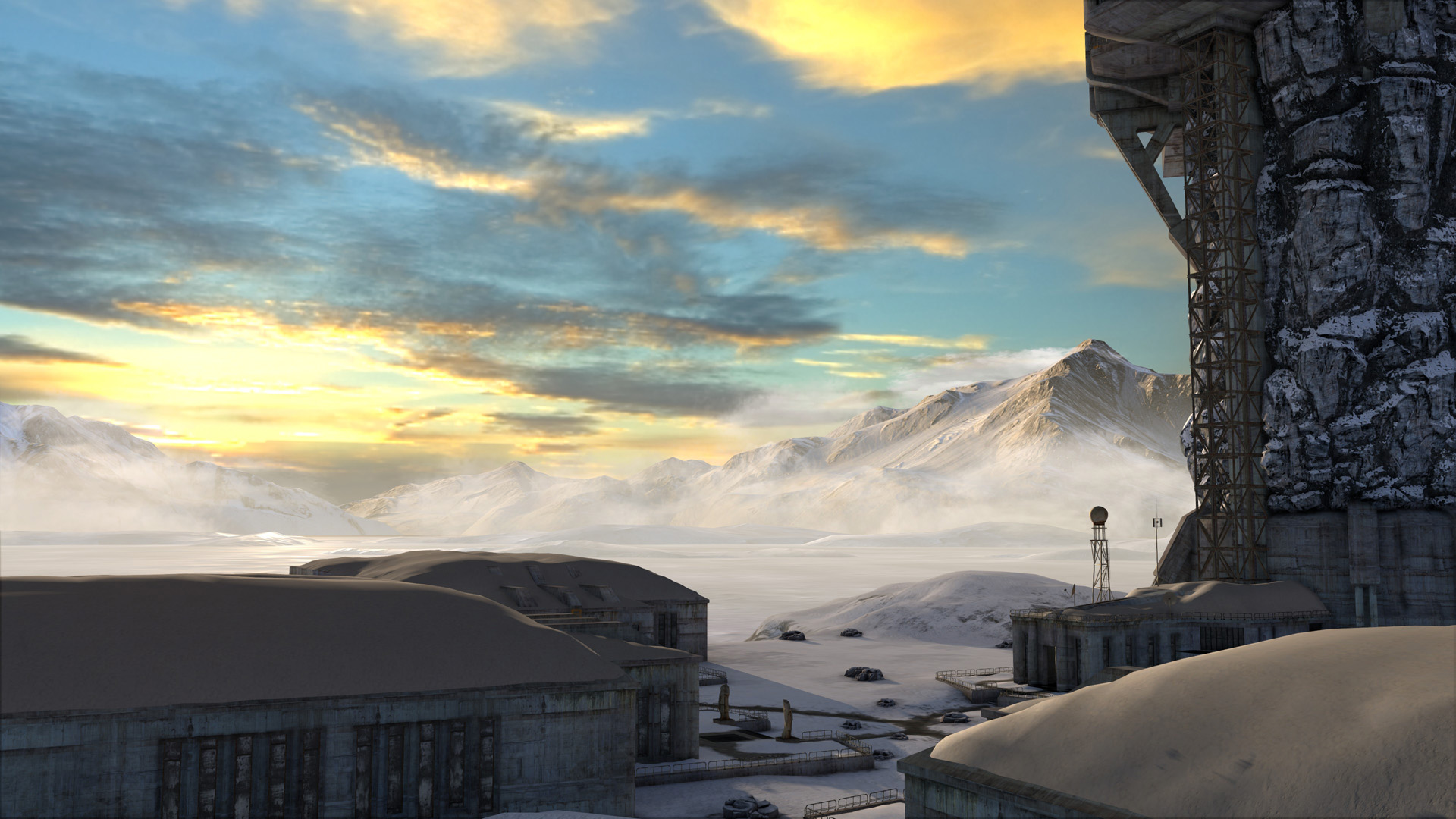
Gameplay Mechanics
Gameplay is deceptively crisp and varied. Key pillars include:
- More than 120 puzzles spread across a non-linear map — you can approach many challenges in different orders.
- Puzzle tools that interact in satisfying ways: connectors and laser beams, drones that must be rerouted or preserved, fans and boxes, and clever time-replication mechanics that allow “recorded” actions to assist later trials.
- Exploration elements and optional tasks: collect sigils or solve environmental riddles that open new areas or narrative threads.
The difficulty curve is mostly fair: early puzzles teach systems elegantly and later puzzles combine learned tools into brilliant set-pieces. Expect a few spikes where trial-and-error or creative lateral thinking are needed — which some players love and others find frustrating.
Visuals & Art Direction
The Talos Principle’s aesthetic is one of its most memorable features. The art direction pairs sun-drenched Mediterranean ruins, lush gardens and crumbling stonework with sleek, ominous machines and geometric puzzle elements. That contrast — ancient and futuristic — is more than a visual gimmick; it’s the game’s thesis made tangible. Even years after release, many of the vistas remain striking, and the environmental storytelling is strong: every column, statue and rusted panel feels like a page in the world’s history.
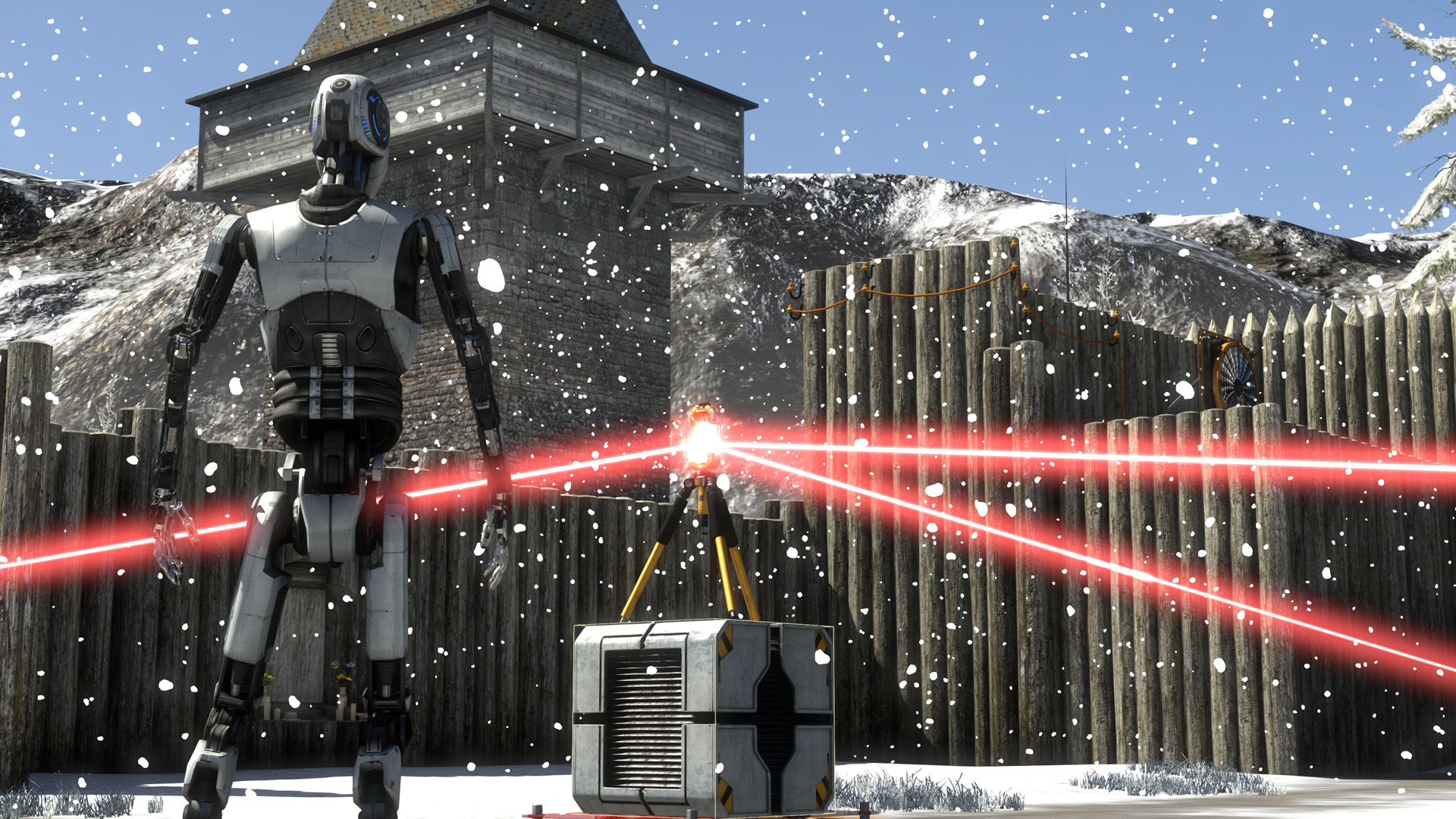
Audio & Soundtrack
The soundtrack and audio design do a lot of heavy lifting in setting tone. Music swells at the right moments, and subtle ambient cues heighten the feeling of quiet unease. The writing, both in terminals and in the voices that guide or test you, is consistently thoughtful — the philosophical fragments and debates are a key reason many players stayed with the game until its endings.
Reception & Community Feedback
The community response has been overwhelmingly positive and sustained. Current user-review snapshots show:
- Recent Reviews: Very Positive — 96% (out of 85 recent reviews)
- All Reviews (All Time): Overwhelmingly Positive — 95% (out of 28,375 reviews)
- Rating field in the provided data: N/A
What do these numbers tell us? First, that The Talos Principle has broad and long-lasting appeal. A 95% all-time approval across tens of thousands of reviews is a sign of consistent quality and wide player satisfaction. The “Very Positive” recent score indicates the game still resonates with newer players or those replaying it.
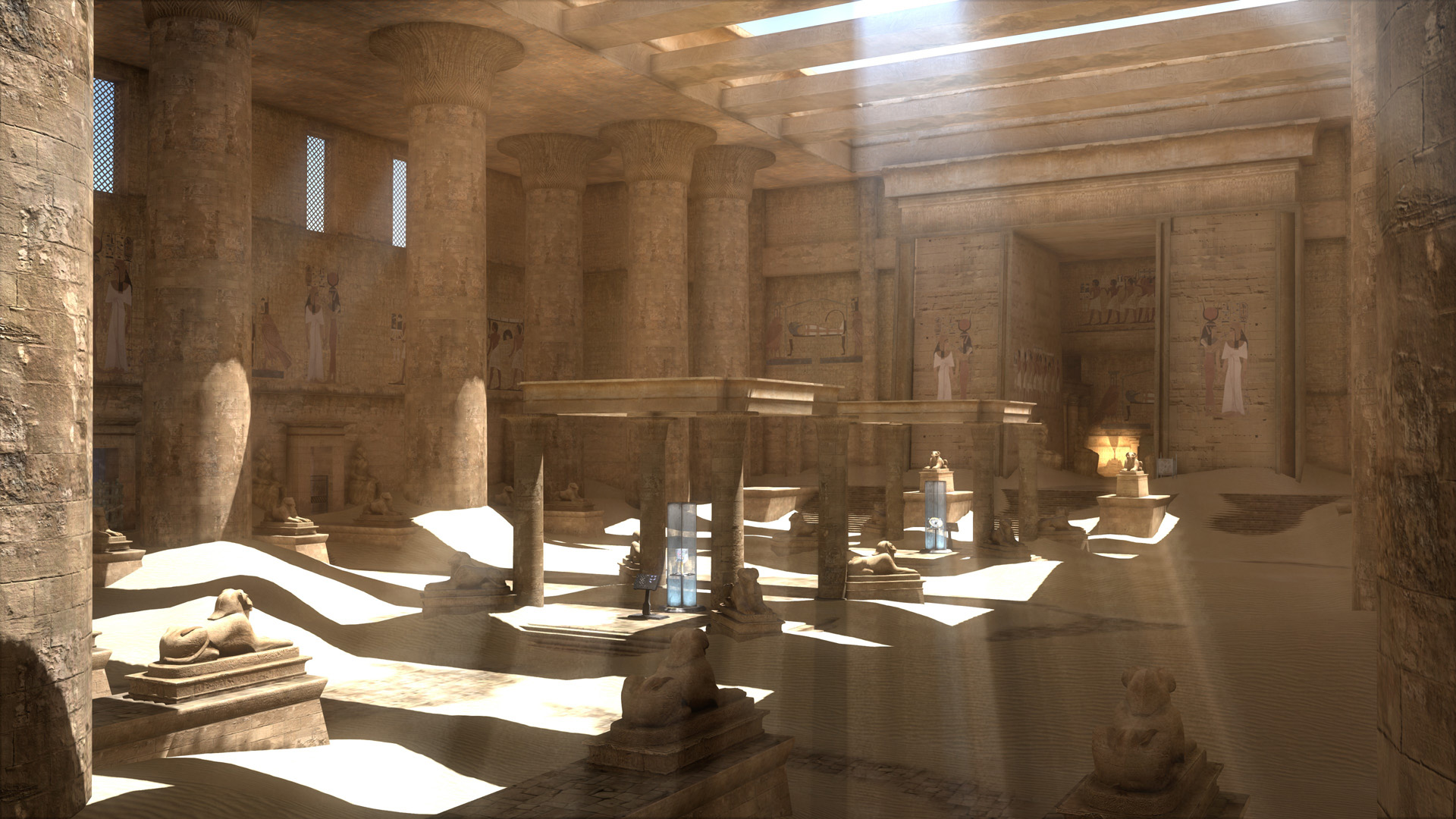
Reading through the community feedback reveals common threads:
- Praised: The writing and philosophical depth, elegant and challenging puzzle design, atmosphere and soundtrack, and replay value thanks to non-linear progression and multiple endings.
- Criticized: A minority of players note pacing issues (some backtracking or optional content feels like filler), occasional opaque puzzle gating, and difficulty spikes that can stall momentum. These complaints are consistent but relatively rare compared to the overall praise.
Strengths & Weaknesses
Strengths:
- Beautiful, thoughtful world that blends myth and machine.
- Puzzle design that rewards logic, experimentation and lateral thinking.
- Writing that treats players like intelligent readers — philosophical texts and moral choice are woven into gameplay.
- Sustained community admiration and high review scores over time.
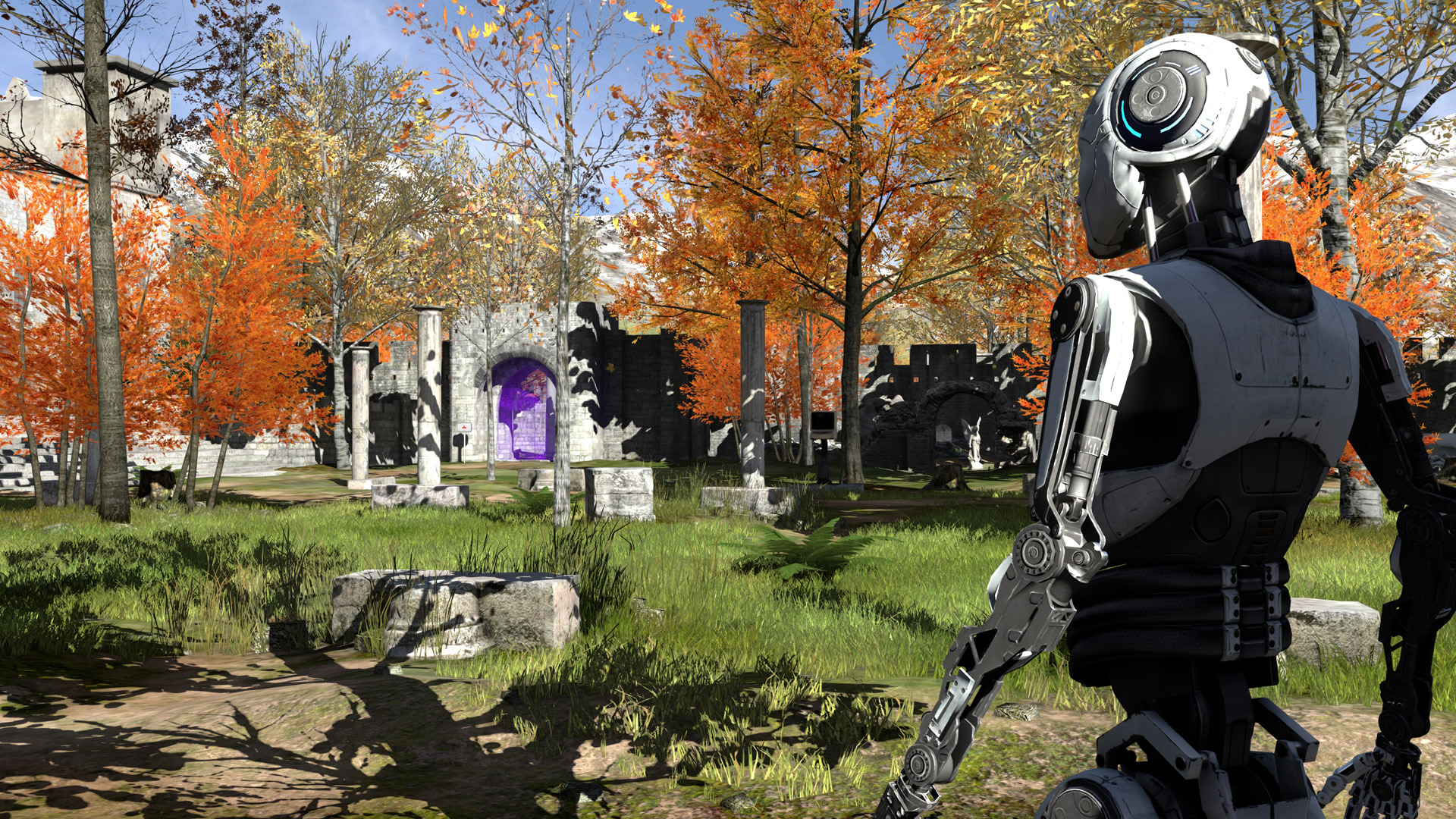
Weaknesses:
- Some pacing and optional-collection busywork that can feel tedious to completionists.
- Difficulty spikes in later puzzles that may frustrate players who prefer a steadier curve.
- Because it asks big questions, players who want straightforward entertainment may find the tone heavy or slow.
Legacy & Industry Impact
In the years since its release The Talos Principle has become a touchstone for narrative-driven puzzle games. It showed that a first-person puzzle title could carry philosophical weight without sacrificing mechanical rigor. Many indie developers looking to blend narrative and systems cite it as an influence, and its success helped reinforce a market for games that are both brain-teasers and thought experiments.
Conclusion — Who Should Play?
If you love cerebral challenges, narrative depth, and environments that reward exploration, The Talos Principle is an essential experience. It won’t spoon-feed answers: it asks you to think and to reflect, to accept difficult ambiguities. The overwhelmingly positive community reception — 95% approval across more than 28,000 reviews — underscores that for most players, this combination works beautifully.
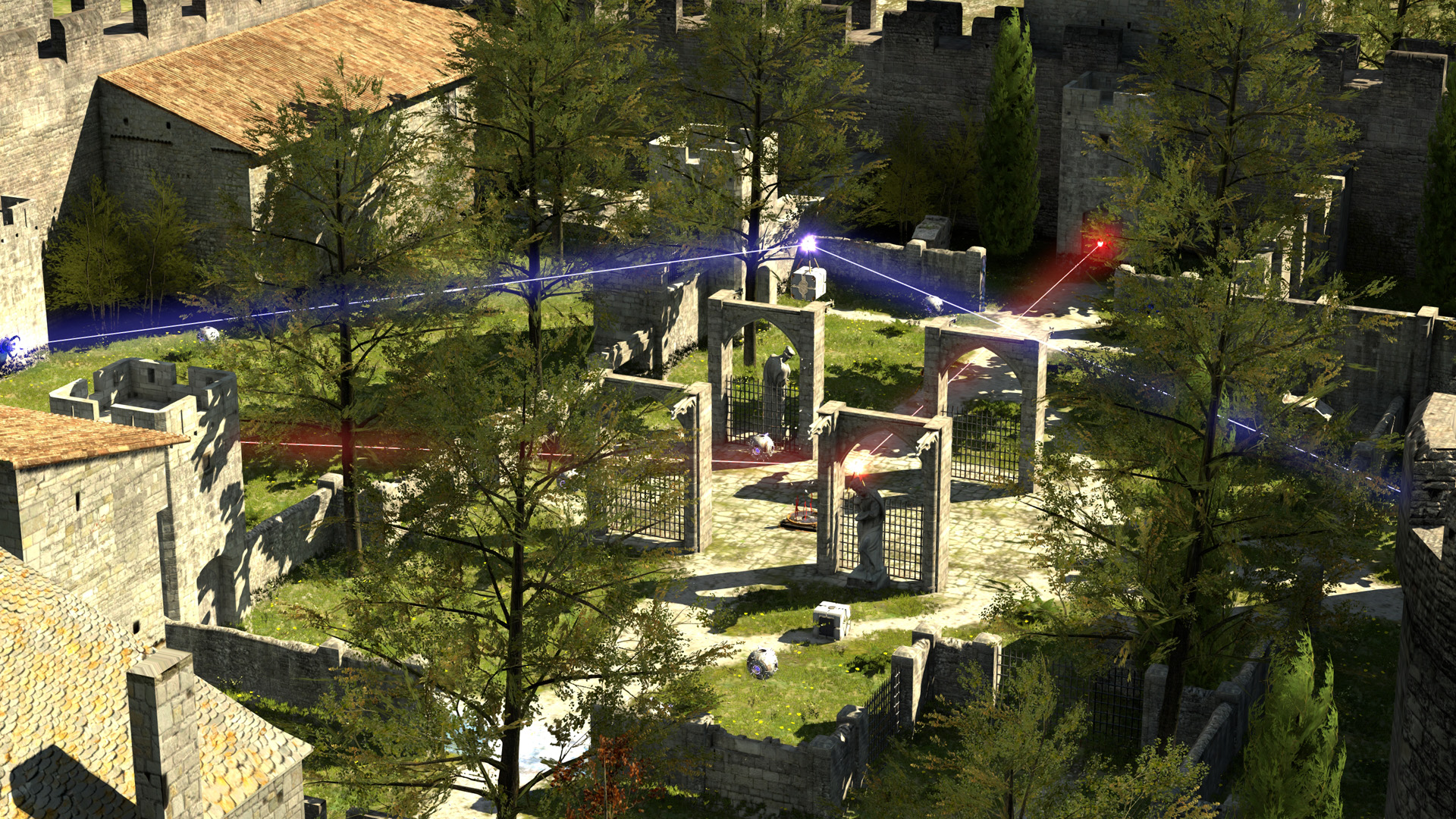
For those nostalgic for a time when games dared to be both puzzles and philosophy, The Talos Principle stands as a proud example. It’s a game I return to in discussions about what games can ask us to be: not just players, but thinkers.

